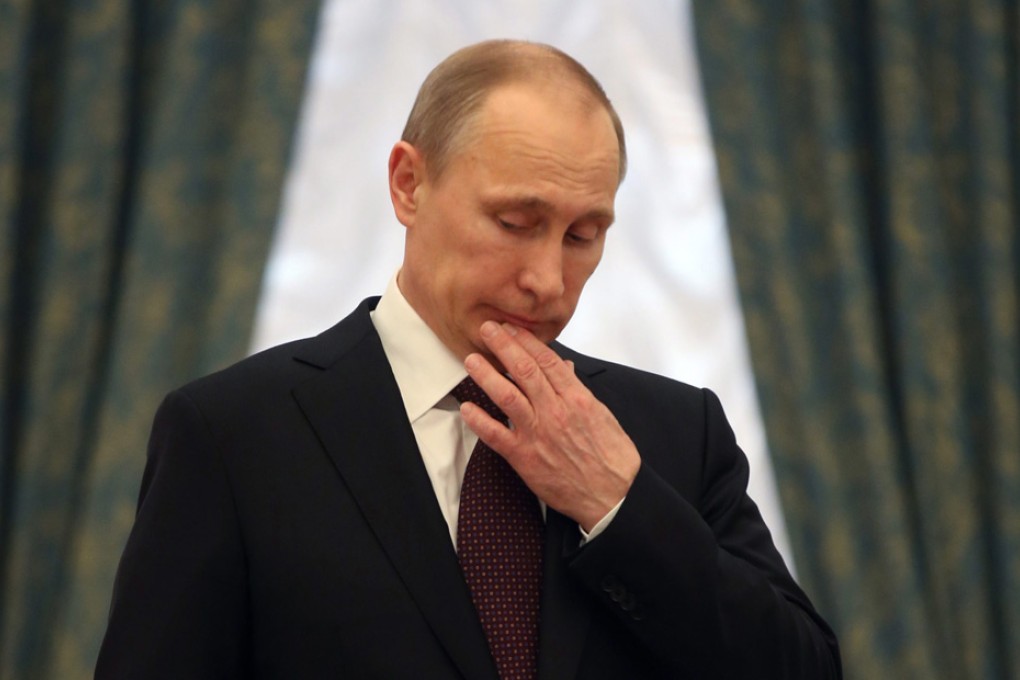Opinion | For China, Crimea lessons must be heeded
Philip Bowring says for both Russia and China, each with its own racial cauldron, any redrawing of national borders based on ethnicity may set a dangerous precedent

With his actions in Ukraine, Vladimir Putin has opened a large can of worms with long-term global consequences, not least for Russia and China. He has simultaneously challenged two aspects of the world order set at the end of the second world war and the dismantling of European empires: the permanence of boundaries of states with sovereignty protected by the United Nations; and the inadmissibility of ethnicity as the primary identifier of states.
There have been many instances of interference by one country in another, not least by the US in Iraq. But Crimea is unique as an overt territorial expansion by a significant country.
Of course, Crimea was part of Russia, with a largely Russian-speaking population, until Soviet leader Nikita Khrushchev transferred it to Ukraine, presumably never contemplating the possibility of Ukraine becoming genuinely independent of Moscow.
But Putin has also set himself up as defender of the interests of ethnic Russians in Ukraine more broadly. This is a dangerous precedent for several reasons. Firstly, it suggests that acquisition of Russian-majority regions in eastern and southern Ukraine will sooner or later become a target for further Russian expansion, or that Moscow will use these people to disrupt an already chaotic Ukraine.
Far-sighted Ukrainians might do better to let these regions go now, but nationalism, not rationalism, rules on both sides of the border.
Next, however, it raises the issue of the Russian minorities in other parts of the former Soviet empire, notably the Baltic states and Kazakhstan, where 25 per cent of its 17 million people are Russian. It may seem far-fetched that Putin is trying to recreate the Russian empire of tsars and commissars but Russia remains vastly stronger than the nations of its "near-abroad". Furthermore, Stalin drew the boundaries of Central Asian states to include large minorities from neighbouring ones, and used deportations of ethnic groups and settlement of Russians to dilute non-Russian nationalism.
In the longer run, Russian ambitions are doomed by demography - Russian populations are shrinking while those of Kazakhs, Uzbeks and the like continue to rise. But, meanwhile, Putin has given notice that he can and will use ethnic Russians as levers.
